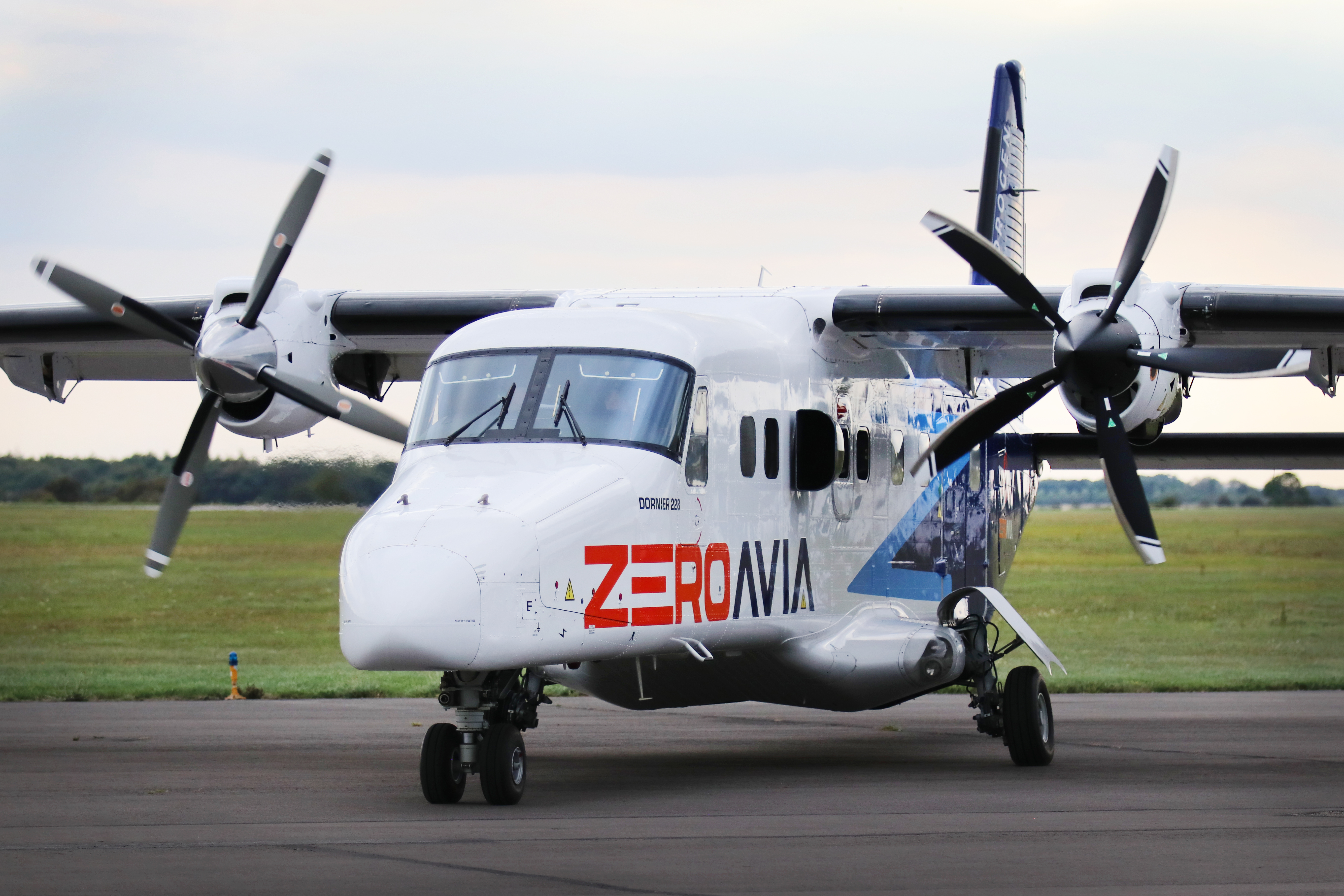ZeroAvia has partnered with AGS Airports to explore the development of hydrogen fuel infrastructure, regulatory framework requirements, and resourcing required for delivering zero-emission flights from Aberdeen and Glasgow airports.
The team at AGS will work closely with ZeroAvia to assess the opportunities for hydrogen production onsite as well as on commercial routes. By switching some routes to aircraft powered by ZeroAvia’s hydrogen-electric powertrain will help AGS Airports to significantly reduce Scope 3 carbon emissions from aircraft and reduce noise and air quality impacts locally.
Arnab Chatterjee, VP, Infrastructure, ZeroAvia, said: “In recent months we have stepped up our work with airports significantly to better understand the operational needs and requirements for hydrogen as a fuel. Working with the team at AGS allows us to plan for some of the commercial routes that we will be able to support in a little over two years’ time and do so in the setting of a major international airport.”
Besides, AGS will explore how hydrogen can be used to remove emissions across ground operations, further extending the impact.
Derek Provan, Chief Executive of AGS Airports, said: “The development of hydrogen-powered aircraft has the potential to completely revolutionize aviation and it is becoming an increasingly viable option for regional and short-haul aircraft. As a regional airport group serving the Highlands and Islands of Scotland as well as the Channel Islands from Southampton, AGS will be the perfect testbed for hydrogen flight. Through our partnership with ZeroAvia, we’ll address some of the challenges associated with the generation, delivery, and storage of hydrogen on-site and how we can prepare our infrastructure to support zero-emission flights.”
ZeroAvia will share its experience in developing and operating its Hydrogen Airport Refuelling Ecosystem (HARE) at Cotswold Airport in Gloucestershire. The partners will work towards a flight demonstration powered by ZeroAvia’s ZA600 600kW hydrogen-electric engine, which is on a path toward certification by 2025. Commercial routes from Scotland’s biggest city, Glasgow, could follow soon after.

